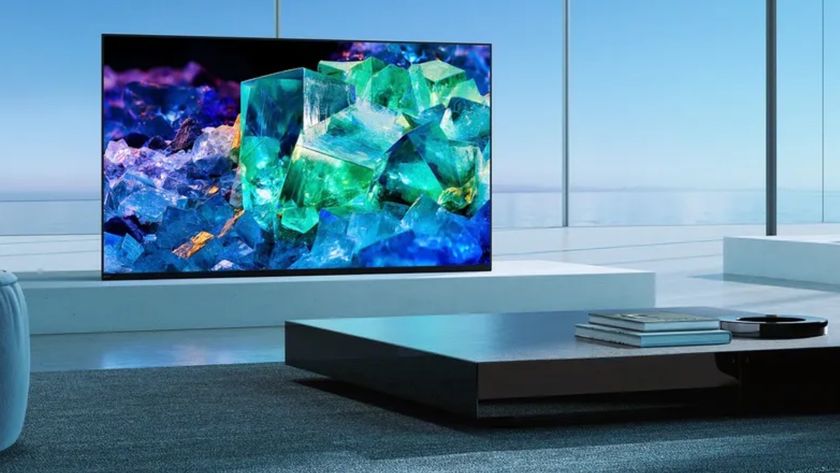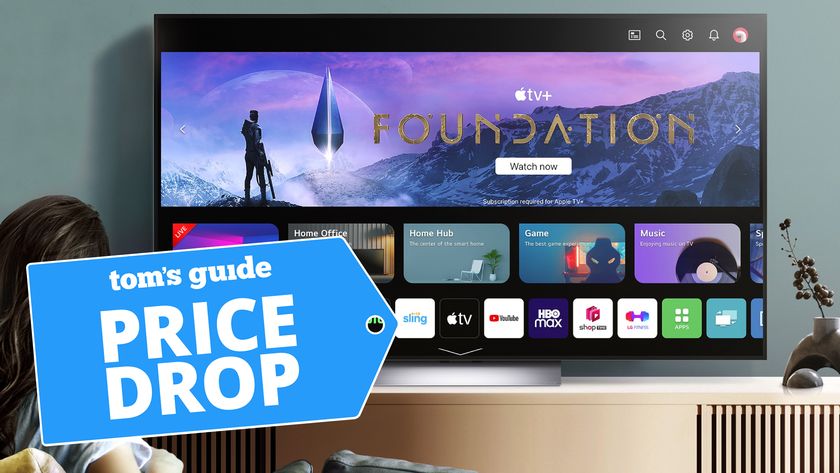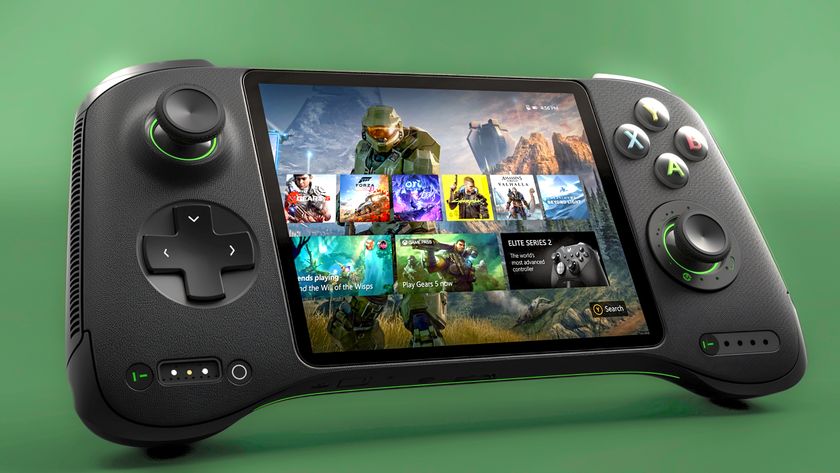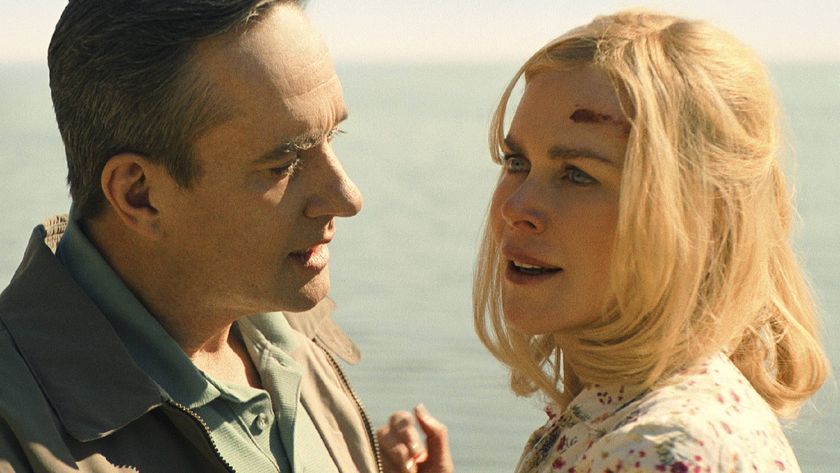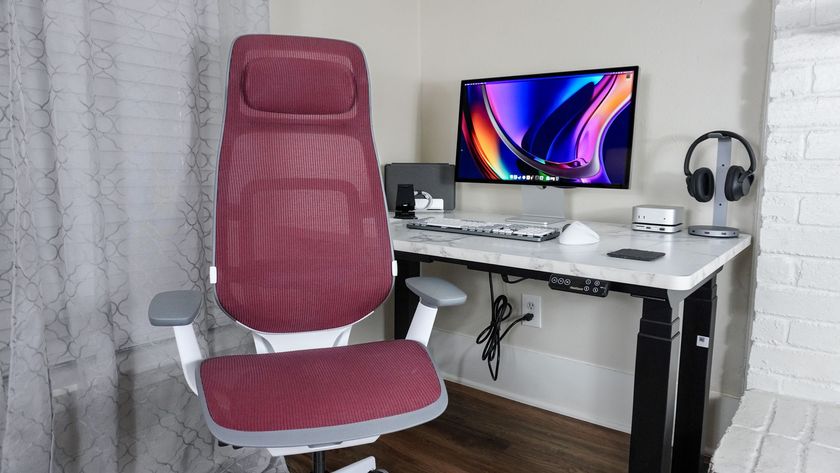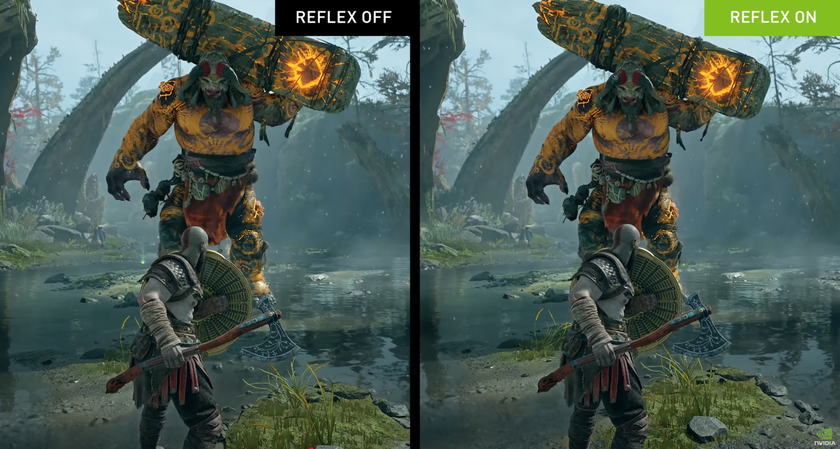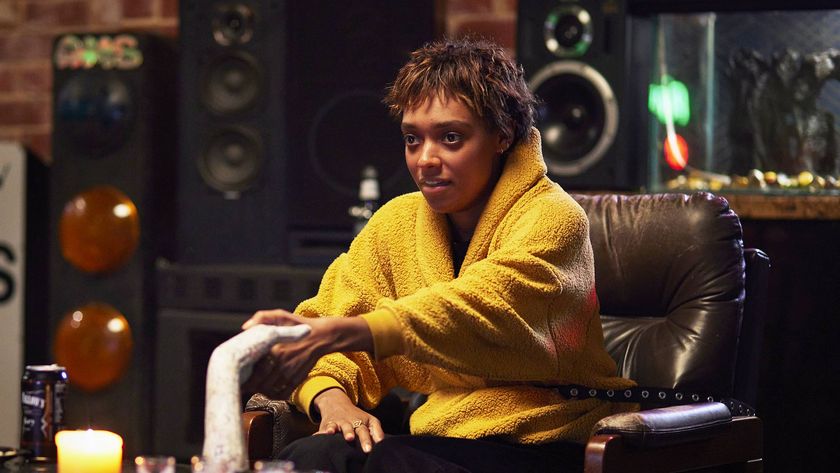I just tested the 42-inch LG C3 OLED — here's what I like about it
Is bigger always better? It doesn't seem that way to me
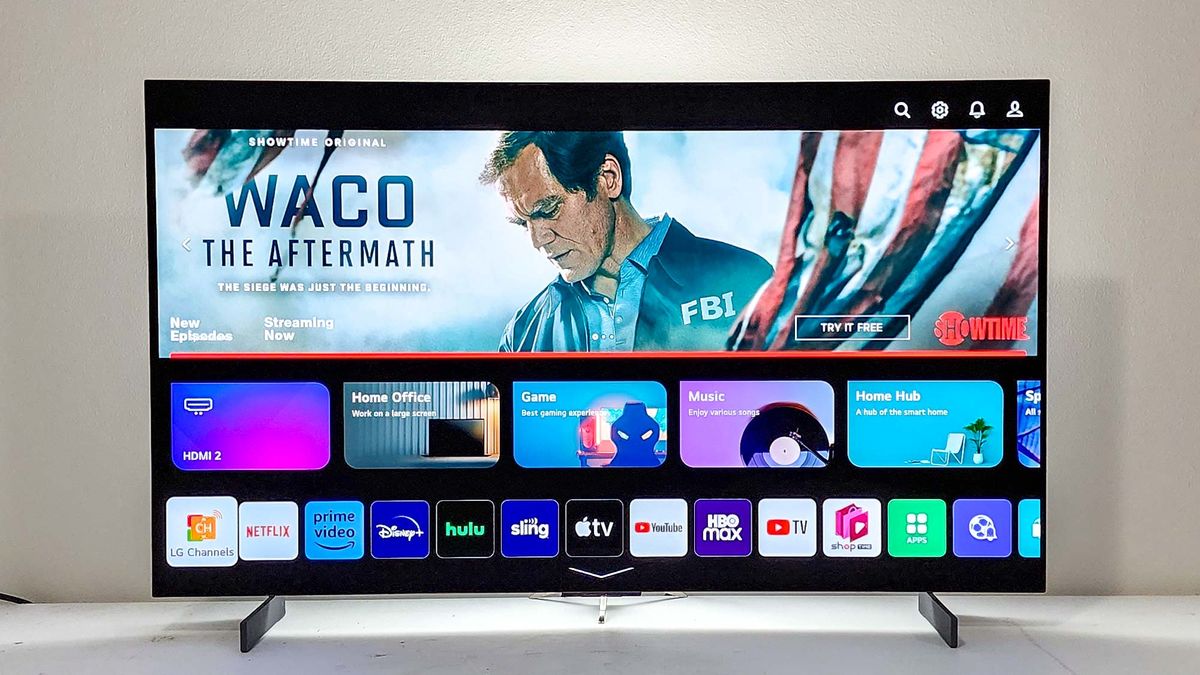
Any artist or technology company will tell you: A classic is hard to follow up. But that’s the situation LG is in this year, as the LG C2 OLED was considered by many professionals (including, if you want to get technical, me) the best TV you could buy.
For that reason, this year’s version, the recently released LG C3 OLED, has a tough road in front of it. But based on the week I’ve spent with it, neither LG nor anxious consumers looking for a top-tier replacement set need to worry.
The 42-inch C3 delivers a terrific picture and compelling extras that help position it as ideal for outside-the-living-room use.
To put the LG C3 OLED through its paces, I acquired the 42-inch OLED42C3PUA for $1,399.99 (before tax) expecting to get a good, but not fully fledged experience. It’s not uncommon for smaller sets in a lengthy line to have lower brightness, fewer features, and other differences from their larger siblings. The good news is that I didn't experience any of that with the 42-inch model, but I'll need to test out a larger model before I can give a full evaluation on the C3 family as a whole.
On its own terms, however, the 42-inch C3 delivers a terrific picture and compelling extras that help position it as ideal for outside-the-living-room use.
Small size, but full-on performance
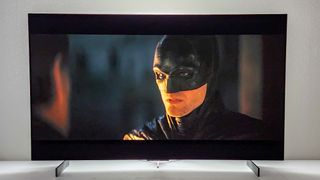
Try as I might, I couldn’t watch anything on it that didn’t look exactly the way I (and I assume its creators) wanted. One of my current major evaluation titles is Top Gun: Maverick, and last year’s high-flying hit action movie was thoroughly thrilling in every particular, with the dusty desert scenes teeming with parched browns and the mountain-rich finale exploding with just the blues, grays, and whites I wanted from that icier atmosphere.
I also frequently load up The Batman to see how TVs handle its challenging black-on-black moments, which are punctuated with piercing pinpricks of light, and this small C3 had no problem. Nor did Denis Villeneuve’s Dune lose any of its deep details, with the nearly monochromatic Arrakis scenes easily popping to life while its sandy wastes maintained a crisp, suffocating clarity. Animated movies, such as Disney’s supersaturated Encanto, appropriately burst with color.
| LG C3 OLED | Samsung QN90B QLED | |
| DCI-P3 Color Gamut | 96.87% | 95.07% |
| Peak Brightness (10% Window) | 728 nits | 981 nits |
| Delta-E | 1.385 | 3.0141 |
| Input lag | 9.3ms | 9.8ms |
The technical tests I ran on the TV confirmed my eyes’ findings: In Filmmaker Mode, which is the closest you can generally get to an out-of-the-box calibrated picture, the C3’s Delta-E (articulating the difference in color between the source and the screen, with values closer to zero being better) value was an astonishing 1.385 — one of the lowest values we’ve seen. And my color tests showed that the set covers a high (but not industry-leading) 96.87% of the DCI-P3 color gamut, meaning it adroitly displays all but a tiny fraction of this most common of HDR color spaces.
Brightness isn’t bad, either. The C3 maxed out at 728 nits on a 10% field with HDR images in Filmmaker mode, which is highly respectable for a TV of this size. You can get brighter sets for slightly cheaper — the 43-inch Samsung QN90B managed a stunning 981 nits in the same test — but the improved blacks and thus contrast levels you get with OLED TVs makes the trade-off worth it, at least for me.
Big sound and great for gaming
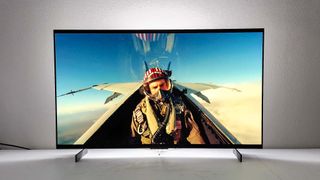
What’s slightly more surprising is that the TV also sounded good. Although TV audio is a known issue in general, there’s a reason why so many home-theater lovers shop for the best soundbars.
Audio replication problems tend to be even worse with smaller TVs that simply lack the space to maximize what sound capabilities TVs have in the first place — but I had no complaints with the 42-inch C3. Whether playing high treble or pounding bass tracks (though cranking the latter all the way up in volume resulted in just a touch of distortion) nothing diminished the exemplary experience of the audio.
Turning back to movies and shows, anything else I watched sounded just as enjoyable. I would never claim that this set has the best audio on the market — that’s still the territory of high-end Sony TVs such as the A80K and the A95K — but the TV's audio quality never wavered, and that’s definitely saying something.
The TV is even good for gaming. Using a Leo Bodnar 4K Lag Tester, I measured the set’s input lag as an impressively quick 12.9ms in just the standard Game Optimized mode, and it dropped to a truly searing 9.3ms when I turned on the Boost function.
Every game I tried on my Xbox Series X looked wonderful and played smoothly.
LG’s array of gaming features, easily accessible from the Game Optimizer menu, includes Variable Refresh Rate and Auto Low Latency Mode (characteristic capabilities of the set’s 4K 120Hz support via the full complement of four HDMI 2.1 ports), blue light reduction, Dark Room Mode, and plenty more. Every game I tried on my Xbox Series X looked wonderful and played smoothly.
Bigger might not be better after all
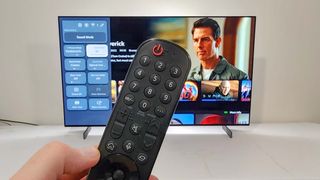
Was there anything I didn’t like about the 42-inch C3? Not really, though I do have a few qualms. Although the menu system has been greatly improved in this generation, with more up-front options, I still don’t groove on the remote, which offers a scroll wheel and mouse-style pointer for input rather than relying exclusively on button navigation (which I end up using exclusively anyway).
And for such a forward-thinking TV, it’s odd that it doesn’t cover more of the Rec. 2020 HDR color space, managing just 70.74% in Filmmaker Mode. Admittedly, most content doesn’t currently use Rec. 2020 (that will be coming in a few years) but more TVs should be readier for it than they are. Maybe a larger C3 will be better in that way, too.
I will be interested to see if a larger version trumps this one in brightness, but I sure won’t be feeling cheated in the meantime.
Those qualms, though, almost don’t matter to me. The 42-inch C3 closes the gap in enough ways that it won’t leave you feeling as though you’re giving up anything if you want a less-expensive TV for, say, the bedroom or kitchen that is on par with your primary entertainment screen. I will be interested to see if a larger version trumps this one in brightness, but I sure won’t be feeling cheated in the meantime.
More from Tom's Guide
Sign up to get the BEST of Tom's Guide direct to your inbox.
Get instant access to breaking news, the hottest reviews, great deals and helpful tips.
Matthew Murray is the head of testing for Future, coordinating and conducting product testing at Tom’s Guide and other Future publications. He has previously covered technology and performance arts for multiple publications, edited numerous books, and worked as a theatre critic for more than 16 years.

